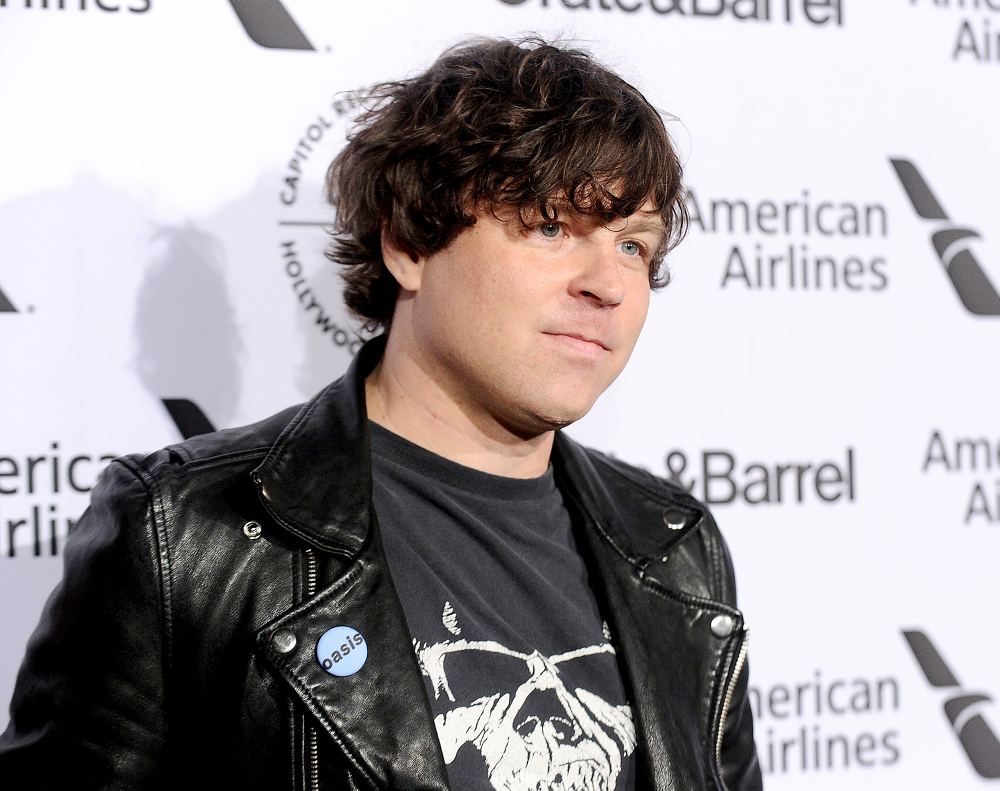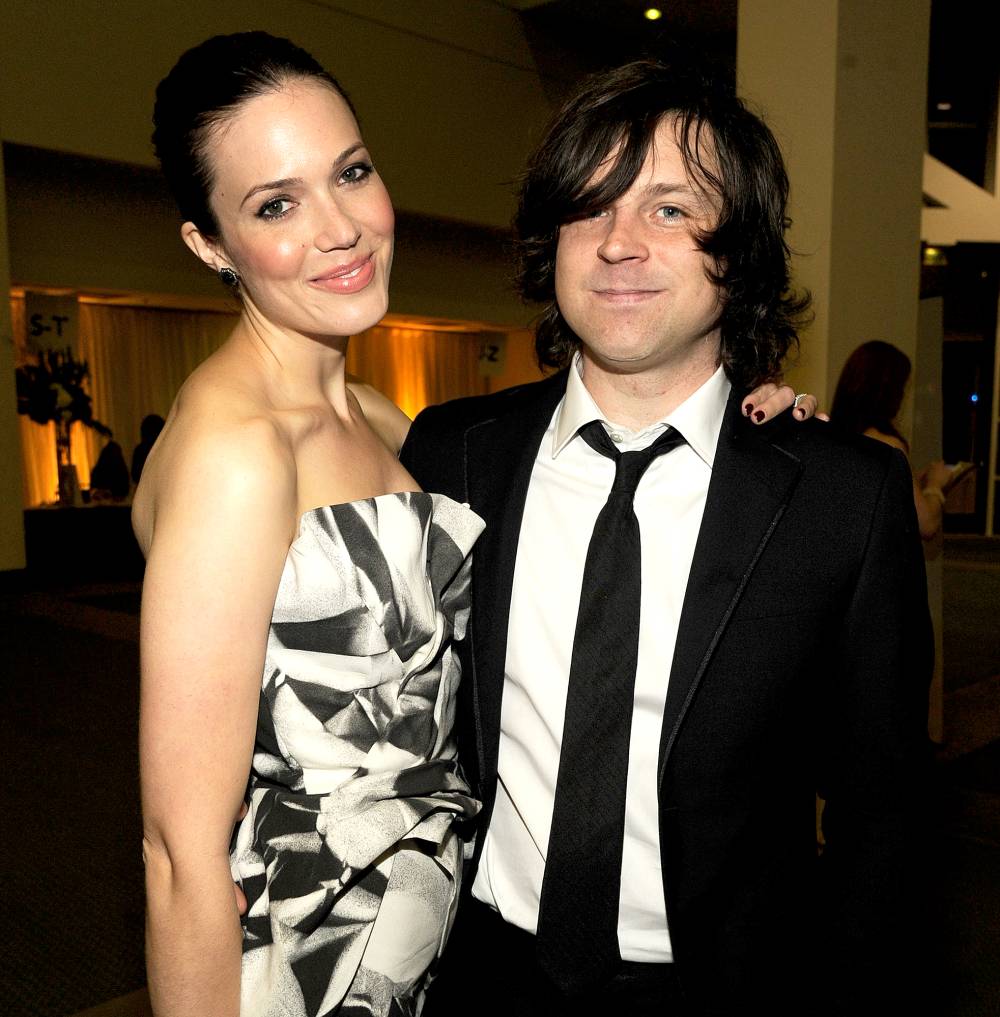Ryan Adams isn’t hiding from the difficult position that he’s in. Hours after the New York Times posted an exposé which saw seven women — including his ex-wife, Mandy Moore — come forward with their claims of emotional abuse and/or sexual misconduct against the record producer, he is speaking out.
“I am not a perfect man and I have made many mistakes. To anyone I have ever hurt, however unintentionally, I apologize deeply and unreservedly,” the former Whiskeytown frontman, 44, says in a statement to Us Weekly on Wednesday, February 13.
Adams then seemingly refers to the accusations from a woman named Ava who told the Times about her online relationship with him, which began when she was a mere 14 years old. She claimed that their friendship later led to graphic texting and that there was at least one instance where the musician exposed himself to her over Skype during phone sex.

“But the picture that this article paints is upsettingly inaccurate,” Adams claims. “Some of its details are misrepresented; some are exaggerated; some are outright false. I would never have inappropriate interactions with someone I thought was underage. Period.”
Adams concludes his message, saying: “As someone who has always tried to spread joy through my music and my life, hearing that some people believe I caused them pain saddens me greatly. I am resolved to work to be the best man I can be. And I wish everyone compassion, understanding and healing.”

Moore — who was married to Adams for six years before filing for divorce in January 2015 — claimed to the Times that her ex-husband was psychologically abusive.
“Music was a point of control for him,” the A Walk to Remember actress said of her former love, whom she met during a crucial time in her career where she was transitioning from a teen star to a credible artist. “He would always tell me, ‘You’re not a real musician, because you don’t play an instrument.’”
The “Candy” songstress claimed that Adams never followed through with his promises to record her songs, and that he’d book her studio time just to replace her with other female artists.
“His controlling behavior essentially did block my ability to make new connections in the industry during a very pivotal and potentially lucrative time — my entire mid-to-late 20s,” Moore added.
Adams spoke through his lawyer regarding the claims from Moore. The Times reports that he called her perspective of their time together to be “completely inconsistent with his view of the relationship.” He also denied getting in the way of her ability to work with others in the industry, with his lawyer saying Adams supported her “well-deserved professional success.”



